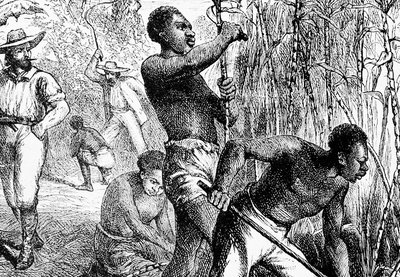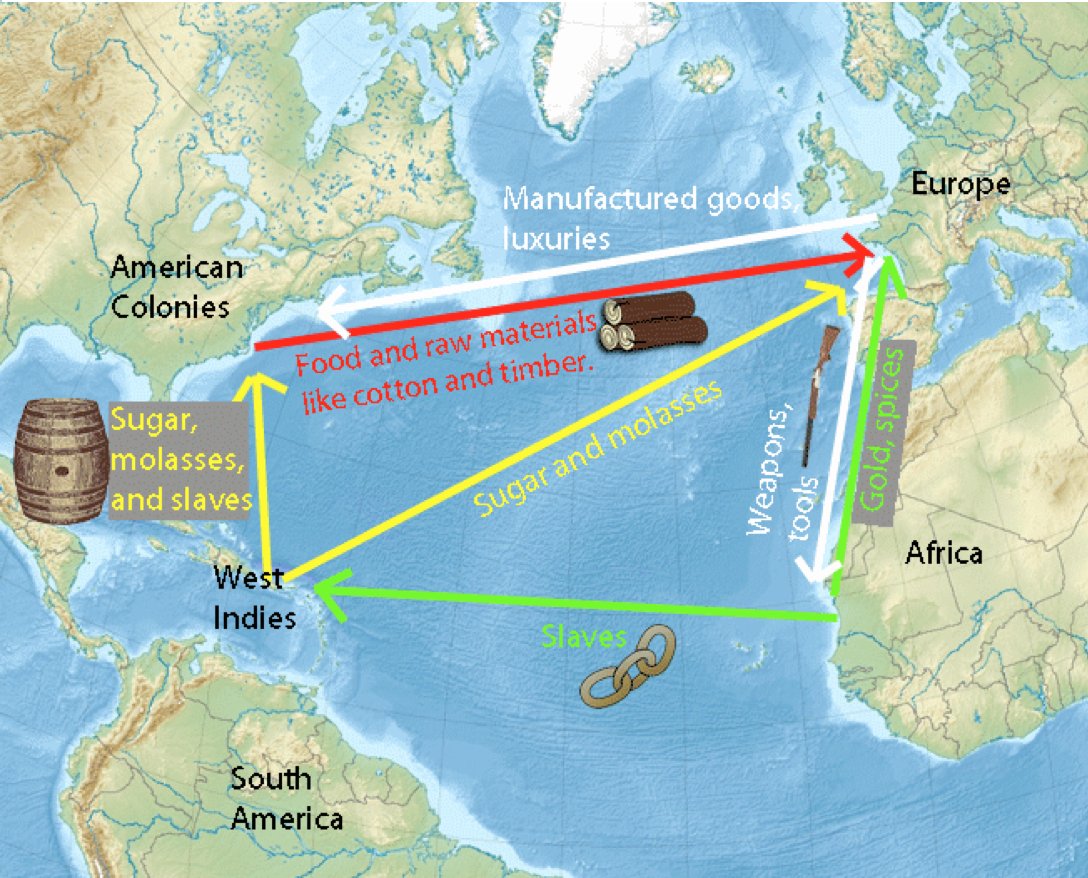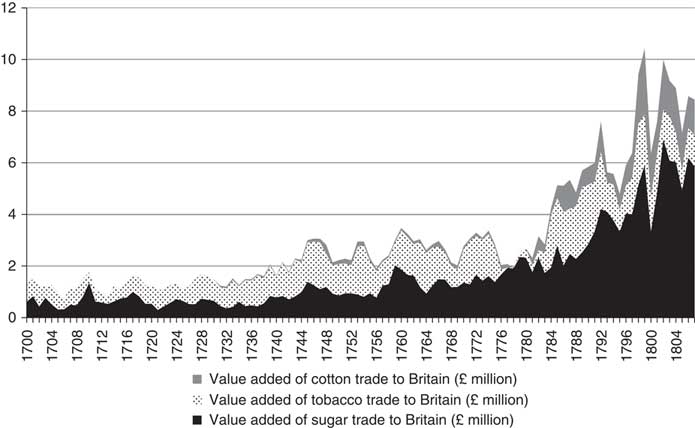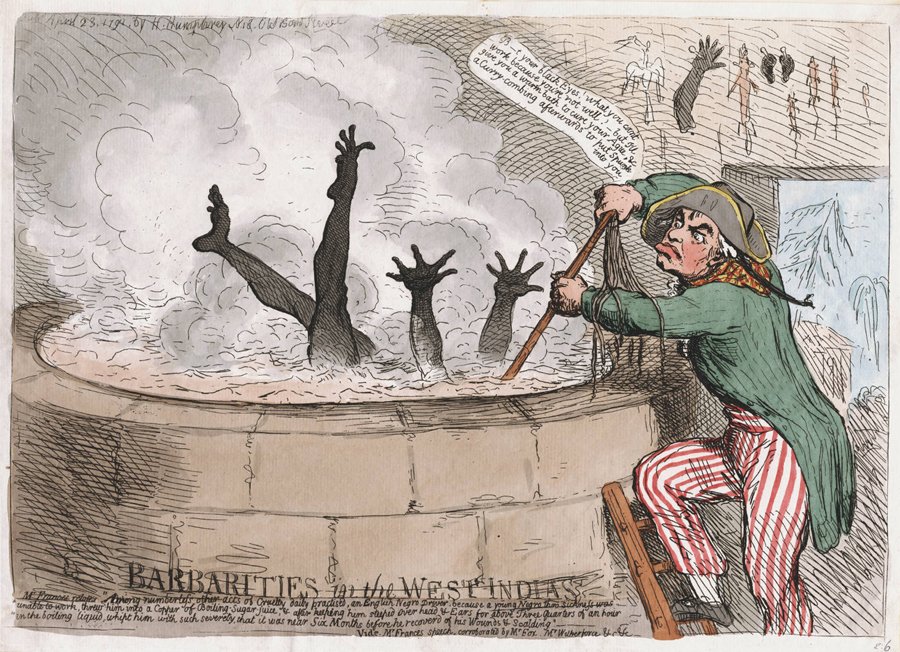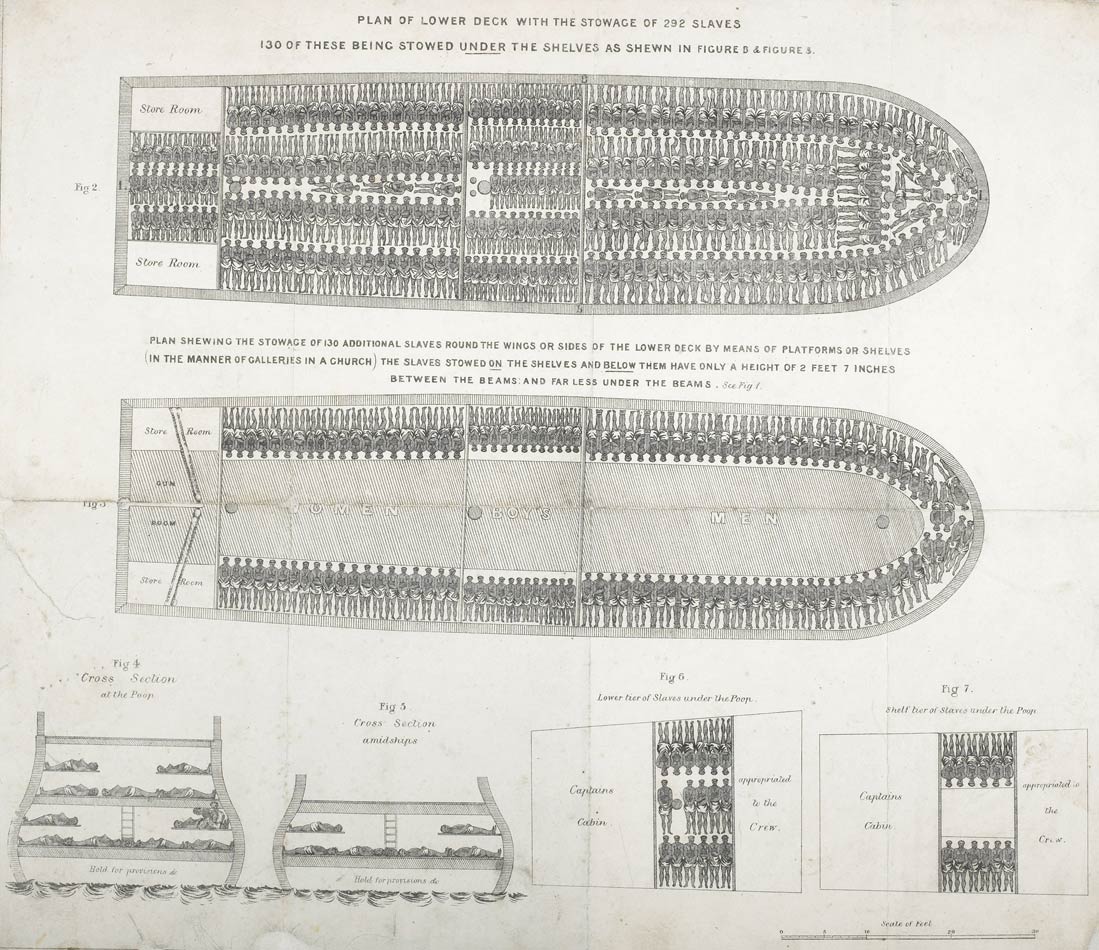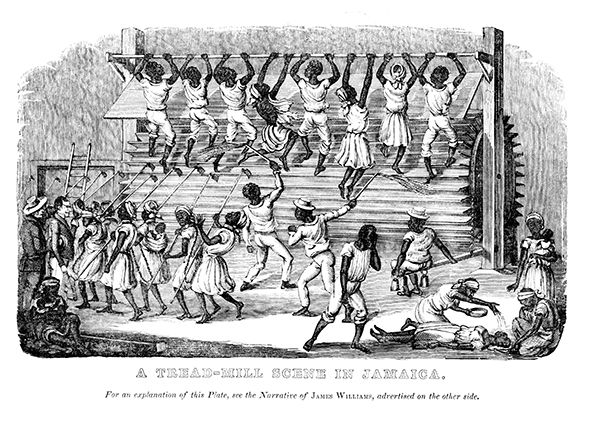Some personal & professional news:
Farming has got much harder. 1000 acres sounds like a lot, especially on beautiful, fertile fenland soil. I know what a massive privilege it was, ironically, when my dear Dad passed away, passed it on &
I became an accidental farmer..
Farming has got much harder. 1000 acres sounds like a lot, especially on beautiful, fertile fenland soil. I know what a massive privilege it was, ironically, when my dear Dad passed away, passed it on &
I became an accidental farmer..

I had no agricultural training or education. But fell in love with looking after our patch of land, and producing real things everybody needs.
I was lucky to have the space and time to learn from some of the best.
But the world has changed so much in 17 years.
I was lucky to have the space and time to learn from some of the best.
But the world has changed so much in 17 years.

I've learned a lot, mostly by trial & error; more fails than wins.
When I realised decisions beyond our farmgate made more difference than what I did on-farm, I got involved in the wider industry.
I felt my earlier career in business, academia, politics & govt might help.
When I realised decisions beyond our farmgate made more difference than what I did on-farm, I got involved in the wider industry.
I felt my earlier career in business, academia, politics & govt might help.

1st at @NFUSugar Board, then our @Natures_Voice farming cluster @ElyNFFarming , @oxfordfarming @FenlandSoil , @NaturalCambs , @FarmersGuardian , @PrickwillowFest , @Elygroupofidbs
And now @FFC_Commission & @TheAHDB
By trial & error I've tried to engage & make a difference

And now @FFC_Commission & @TheAHDB
By trial & error I've tried to engage & make a difference


But the changes have been bigger and faster than any progress i've made so far; climate, markets, policy, tech, politics, opinion, war, bureaucracy.
I can't now see a way forward without change. So we have signed a 2yr contracting deal & will think hard about the future.



I can't now see a way forward without change. So we have signed a 2yr contracting deal & will think hard about the future.




That means less time farming.
But it also means I need to focus on what's next.
After much thought I've decided that from Spring 26 I'll step back from @NFUSugar & my role at @TheAHDB which has taken so much of my time, focus & energy during my 3yr term as Sector Chair
But it also means I need to focus on what's next.
After much thought I've decided that from Spring 26 I'll step back from @NFUSugar & my role at @TheAHDB which has taken so much of my time, focus & energy during my 3yr term as Sector Chair

So @TheAHDB is recruiting my successor and what I want is for lots of strong, dynamic, challenging candidates to go for it.
We are at a turning point in Agriculture. Decisions made now will change our country and our countryside for good.
Please share
…for-public-appointment.service.gov.uk/roles/9034
We are at a turning point in Agriculture. Decisions made now will change our country and our countryside for good.
Please share
…for-public-appointment.service.gov.uk/roles/9034
I'll have more to say (and many many people to thank) after Spring, but until then I will be putting my all into crossing that finish line at a strong pace. There are key things I want to get sorted before I hand over the baton. 

@threadreaderapp unroll
• • •
Missing some Tweet in this thread? You can try to
force a refresh







